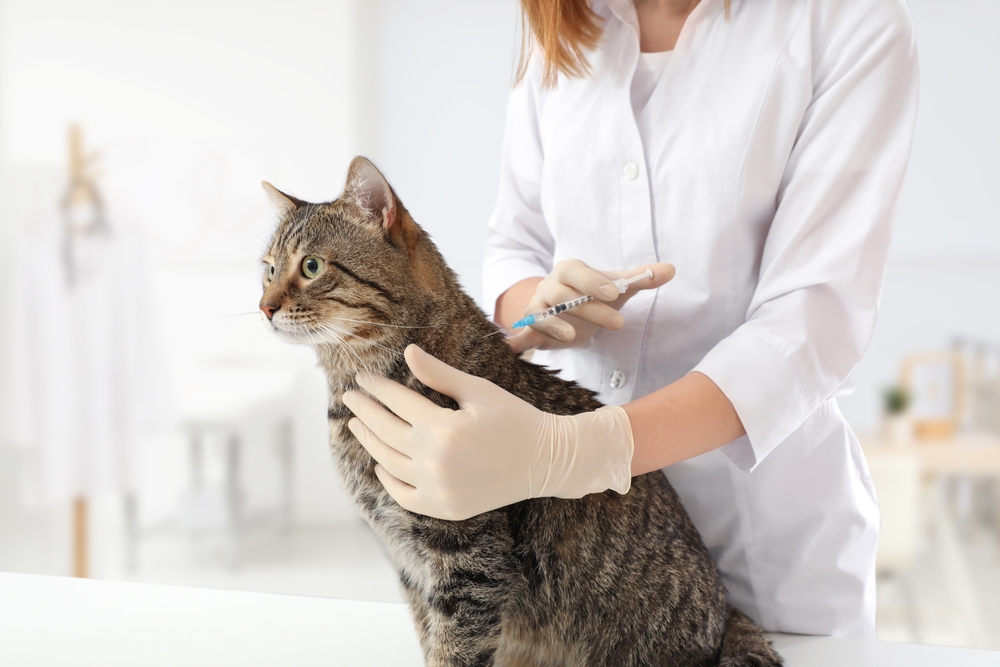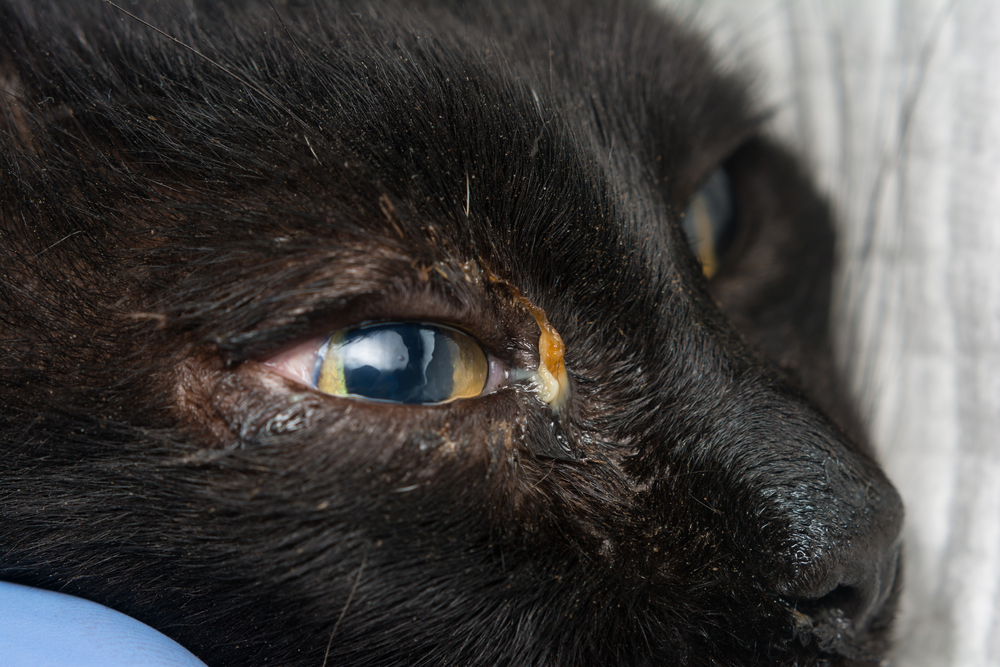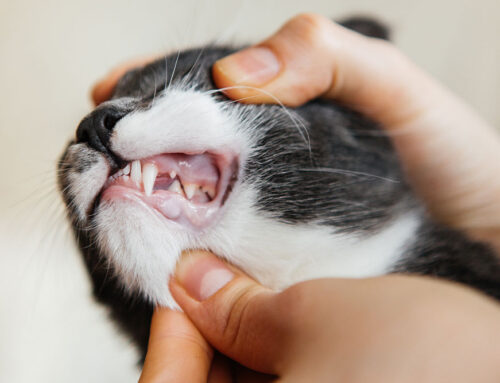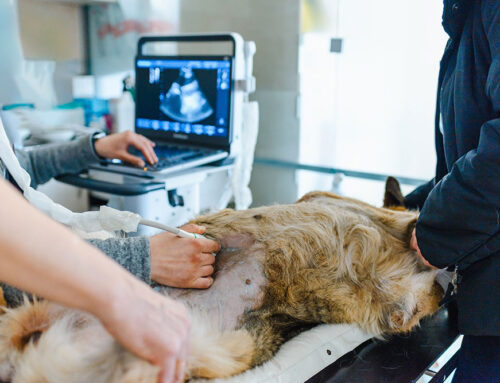Cats are beloved pets, and optimal care is important for their health, safety, and well-being. Viruses commonly cause infectious diseases in our whiskered friends and can pose significant health risks if left untreated. From respiratory infections to more severe conditions that can affect the kidneys and the immune system, each viral disease can impact your cat’s health differently. Our Cobb & Co Veterinary Clinic explains feline viral diseases, treatment options, and prevention measures.
Common viral diseases affecting cats
All cats, including indoor-only cats, are susceptible to disease and illness. Some of the more common feline viral diseases include:
- Feline calicivirus (FCV) — FCV is a highly contagious virus that primarily affects a cat’s respiratory system. The virus replicates in the mouth and respiratory tissues and is transmitted through saliva, urine, feces, and nasal secretions. FCV signs include sneezing, nasal discharge, and oral ulcers, and occasionally more severe complications, such as pneumonia. Treatment typically involves supportive care, such as IV fluid therapy and antibiotics, to prevent secondary bacterial infections.
- Feline herpesvirus (FHV-1) — FHV-1, also known as feline viral rhinotracheitis (FVR), is another common respiratory virus that causes physical signs similar to FCV, including sneezing, fever, nasal discharge, decreased appetite, and conjunctivitis. In kittens, FHV-1 can lead to life-threatening pneumonia. Antiviral medications may be prescribed in severe cases, along with supportive care to manage the physiological effects.
- Feline leukemia virus (FeLV) — FeLV attacks a cat’s immune system, leaving them susceptible to various secondary infections and diseases. Signs, which can range from mild to severe, include lethargy, weight loss, anemia, and recurrent infections. Unfortunately, FeLV has no cure, but supportive care and management of secondary infections can improve the cat’s quality of life.
- Feline immunodeficiency virus (FIV) — FIV is similar to FeLV, but specifically targets the immune system and can result in immunodeficiency in infected cats. Symptoms may include recurrent infections, gingivitis, and weight loss. While no FIV cure exists, supportive care and management of secondary infections can help improve the cat’s health and prolong their lifespan.
- Feline panleukopenia virus (FPV) — FPV, also known as feline distemper, is a highly contagious viral infection caused by feline parvovirus. FPV affects rapidly dividing cells found in the bone marrow, intestinal tract, and skin. Common FPV signs include lethargy, fever, loss of appetite, vomiting, and diarrhea. Treatment entails supportive care and management, including medications and fluid therapy.
Treatment options for feline viral diseases
Treatment for feline viral diseases often focuses on the secondary effects and infections. Veterinary management may include:
- Supportive care — Fluids, nutrition, and a comfortable environment can help the cat recover.
- Antiviral medications — Antiviral drugs may be prescribed for cats with severe viral infections like FHV-1 to reduce viral replication and alleviate physical effects.
- Antibiotics — These medications are administered to prevent or treat secondary bacterial infections that can result from weakened immune systems.
- Immunomodulatory therapy — This treatment aims to modulate the immune response to viral infections, potentially reducing their severity and duration.
Preventing feline viral diseases

Preventive measures are your cat’s best defense against transmittable diseases. Prevention relies heavily on vaccinations and minimizing your pet’s exposure, such as keeping cats indoors and preventing them from intermingling with other cats until they are vaccinated. Vaccines are available for some viruses, including FCV, FHV-1, FPV, and FeLV, and our Cobb & Co Veterinary Clinic team strongly recommends that your cat receives these vaccinations as part of their routine feline health care.
Feline viral diseases can be serious, but early detection and appropriate treatment can improve outcomes. Call our Cobb & Co Veterinary Clinic team to schedule a wellness exam for your cat. We will ensure your pet is up to date on their vaccinations and will create an individualized vaccine program to protect them from viruses and other transmittable illnesses.






Leave A Comment